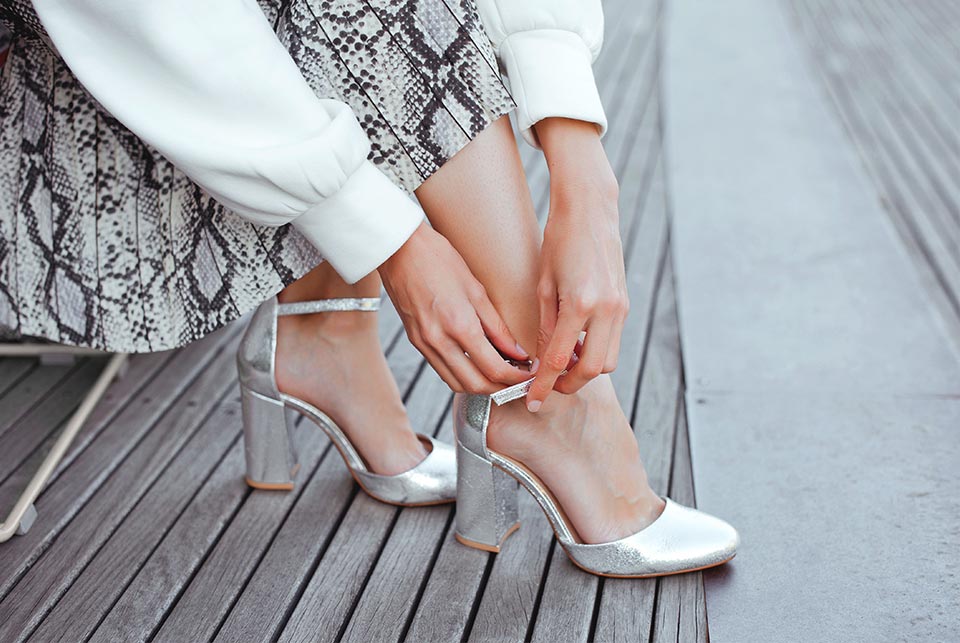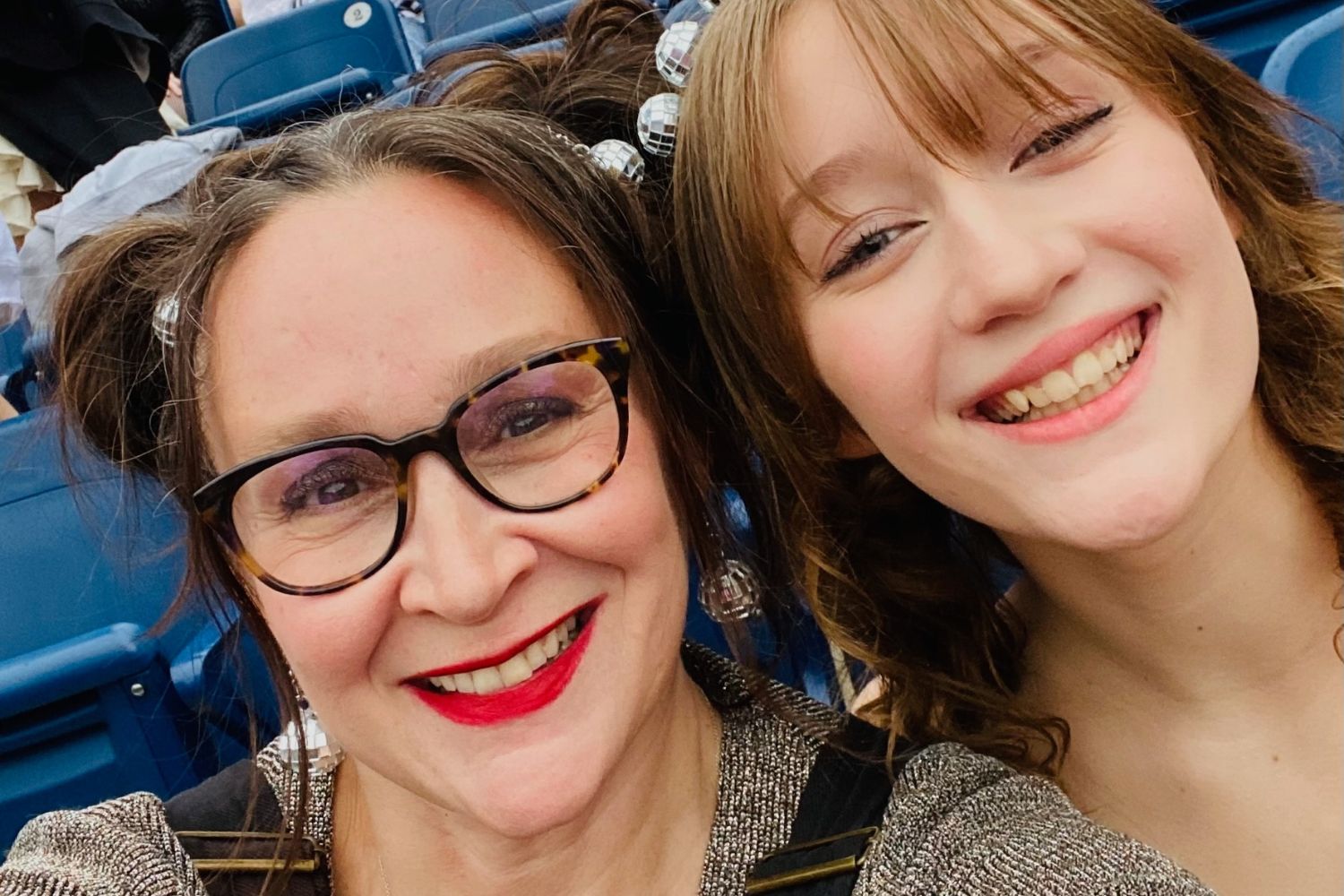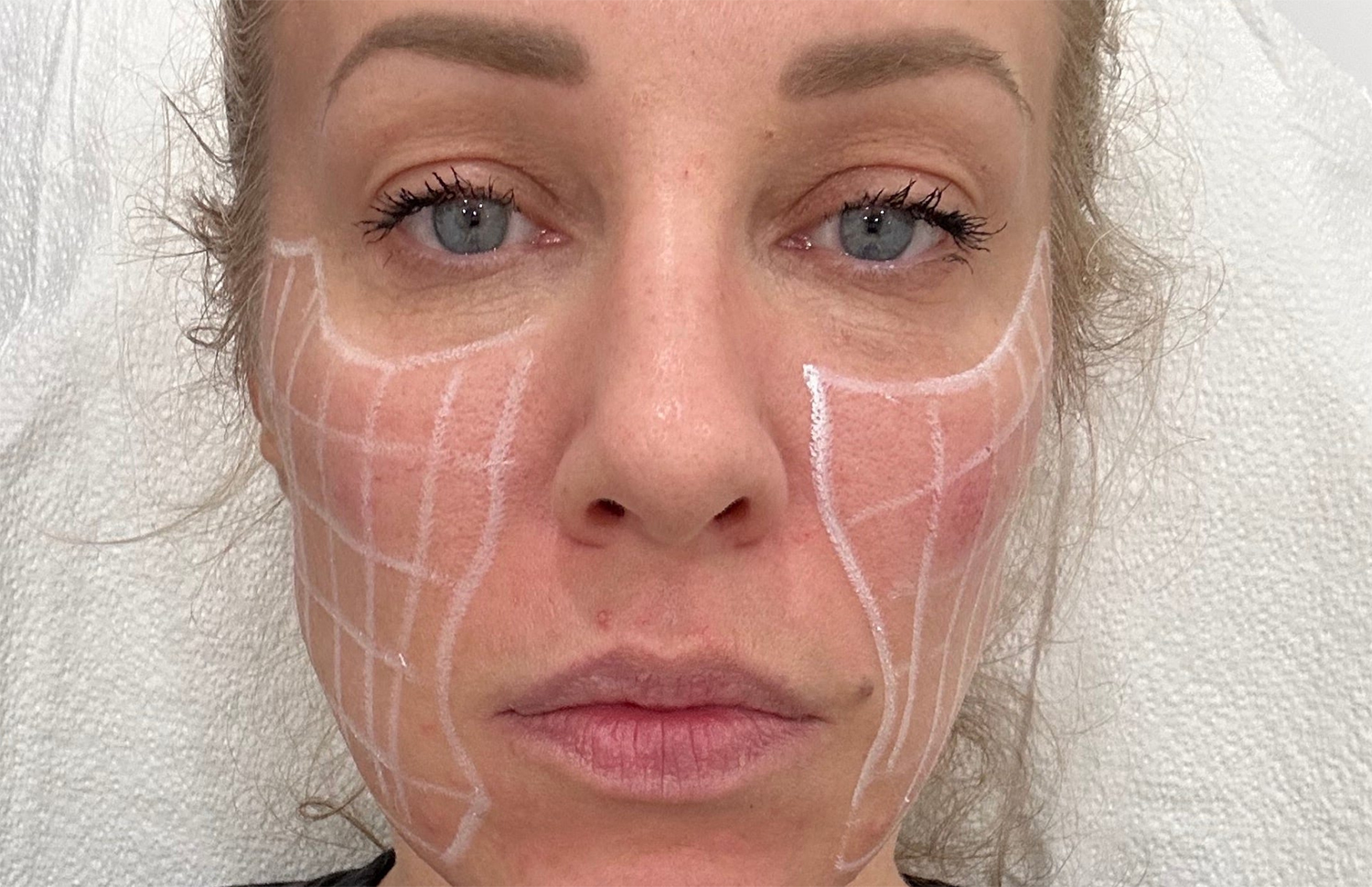
What is adult acne and what are the treatment options?
What is adult acne and what causes it?
Unfortunately, acne and pimples are not just for teens. Adult acne is defined as a disorder caused by inflammation of the skin glands and hair follicles, occuring in people 25 years and older. Thanks to hormones, doctors say women are more likely to experience adult acne than men.
Also referred to as postadolescent acne or adult-onset acne, adult acne on the face or body is generally caused by one or several of the following factors.
The primary factors that contribute to the formation of acne:
- Bacteria
- Excess oil production
- Inflammation
- Skin cells that can clog pores
Environmental, biological, and hereditary factors also can contribute to adult acne:
- Stress
- A diet that is high in dairy and/or refined carbohydrates
- Too many skin care and hair care and makeup products
- Highly oily skin or highly dry skin
- Environmental changes
- Menstrual cycles
- Some medications
- Hormonal fluctuations
Do women in perimenopause tend to get adult acne?
According to Healthline, “Hormonal changes can continue throughout your 20s and 30s as your body adjusts to adulthood … In the 40s and 50s, females may experience very different hormonal fluctuations that are related to menopause, and the years leading up to it, known as perimenopause.”
Hormone fluctuation, in premenopause, perimenopause, and postmenopause, can influence adult acne because of the changes that hormones are responsible for throughout the body as well as the skin’s condition and environment.
Hormonal changes that can produce acne may also occur during pregnancy, breastfeeding, postpartum periods, and starting or ending birth control pill use. According to the American Academy of Dermatology Association, instances of adult acne have been on the rise, and it affects approximately 15% of adult women.
Adult acne can present itself in several forms
- Mild acne can manifest in the form of small pustules, whiteheads, or blackheads.
- Moderate adult acne may form as papules that can cover anywhere from 25%–75% of the face or body.
- Severe forms of adult acne can consist of intense redness, deep cysts, swelling, and irritation.
What are the treatments for adult acne?
Treatment for adult acne can vary depending on the individual, and certain lifestyle changes can help to manage and regulate acne and flare-ups, including limiting foods that contain high amounts of refined carbohydrates, avoiding facial oil or hair care products that contain oils, avoiding going to bed with makeup on, and only purchasing skin care and hair care products that specify that they are “oil free” or that they “won’t clog pores.”
There are several types of acne treatments that your doctor may recommend depending on the severity and type of acne that you may have.
According to Harvard Health Publishing, “Topical tretinoin, which works by turning over skin cells faster to prevent clogged pores, is a mainstay in any acne treatment regimen, and has the added bonus of treating fine wrinkles and evening and brightening skin tone. Isotretinoin (Accutane, other brands), taken by mouth, is the closest thing to a “cure” for acne that exists and is used to treat severe acne.”
If acne is hormone-driven, another treatment option is prescribed oral birth control pills to help manage hormone levels, or a prescribed medication called spironolactone, which can help to check testosterone levels.
Read about collagen, hysterectomy, varicose veins, and other health and medical terminology in our Women’s Health Glossary of Terms.
Photo by Andrea Piacquadio




